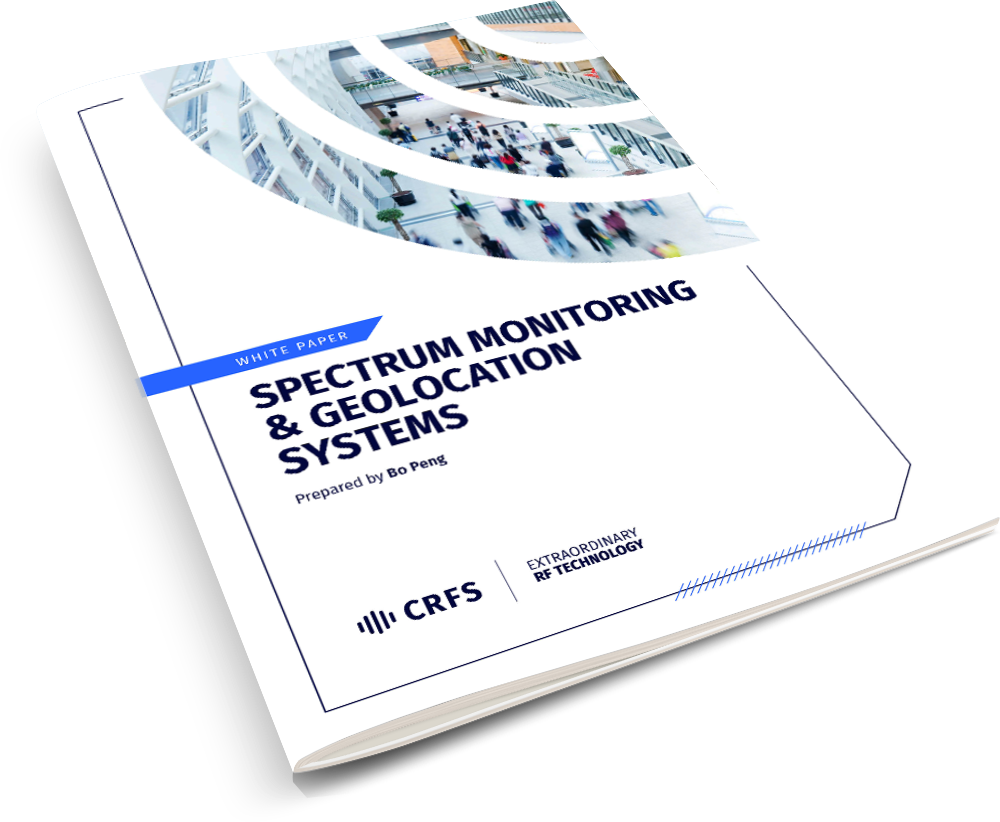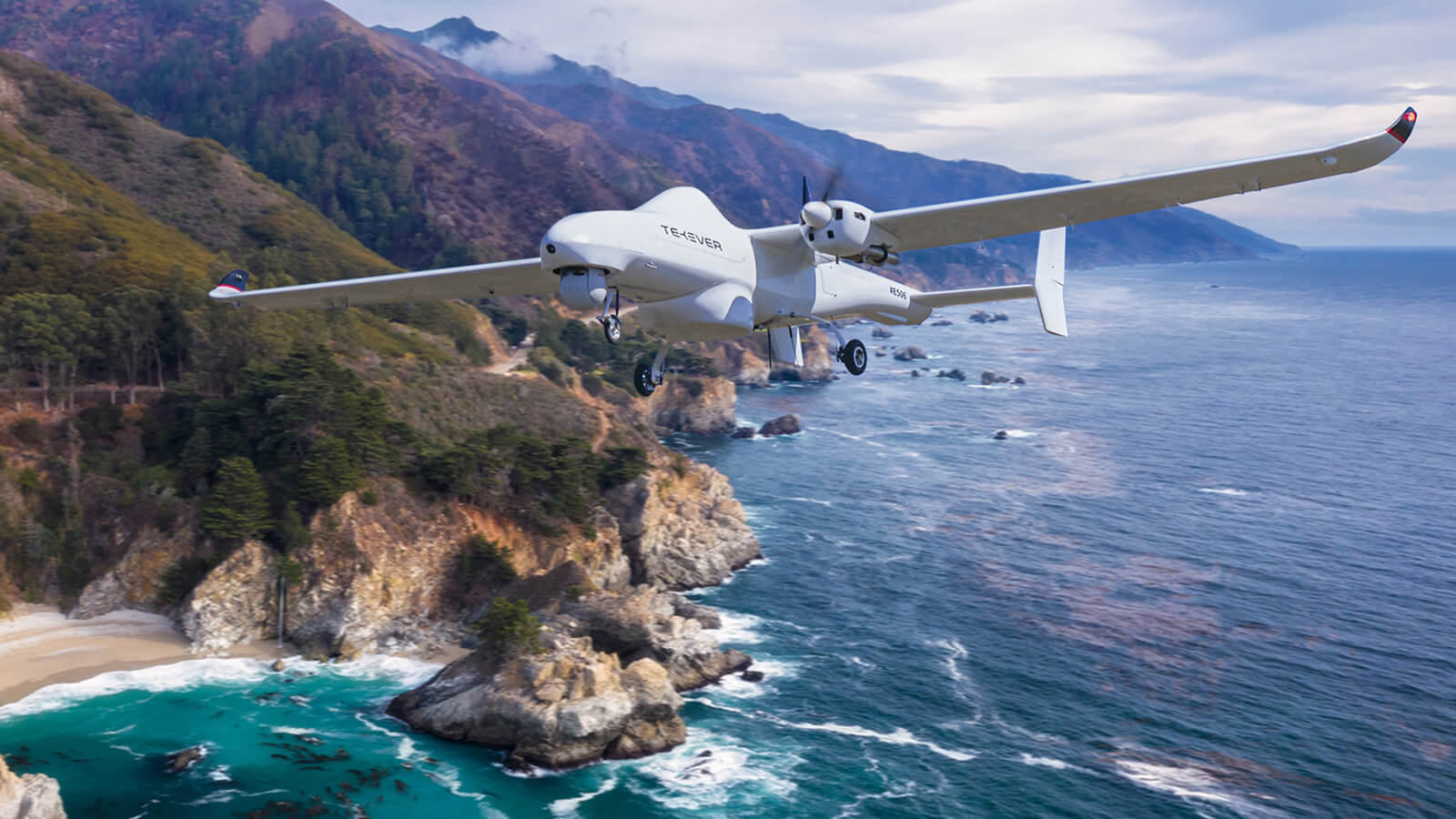DF & Geolocation
Counter threats by detecting, classifying, and locating signals of interest over a wide area
Overview
RF direction finding and geolocation techniques provide the critical insights needed for effective decision-making. Knowing a transmission exists is important, but knowing the location of that transmission can deliver vital intelligence for both military and civilian applications.
Direction Finding (DF) provides a bearing to a transmission by using an angle from the sensor to the transmitter. Conversely, Time Difference of Arrival (TDoA) geolocation pinpoints the precise geographic coordinates of a transmission in two or three dimensions.
Geolocate the source of a signal
Time Difference of Arrival (TDoA - 2D & 3D)
Power on Arrival (PoA)
Angle of Arrival (AoA)
DF & geolocation applications
Military spectrum monitoring & EMSO
CRFS technology helps military operators dominate the spectrum by identifying and locating threats and turning real-time signal capture and emitter data into actionable intelligence.
Defense against unmanned aerial vehicles (UAVs)
RF monitoring systems detect and geolocate military and modified UAVs in real-time using techniques such as triangulation and multilateration, to help respond to threats swiftly.
Locating sources of RF interference
To pinpoint the direction of an interfering RF signal, sensors measure the time delay of the received signal at each antenna and triangulate the signal’s source location.
Border security monitoring
By precisely determining the location of a threat and then monitoring enemy communications, military forces can respond rapidly to incidents in border areas.
Aviation & aviation safety
By tracking the positions of aircraft, controllers can ensure safe separation and correct use of airspace.
Search & rescue operations
DF technology helps locate distress signals from emergency beacons used by aircraft and ships.
Law enforcement & security
DF and geolocation can help security agencies locate the sources of suspicious or unauthorized communication, aiding in counterterrorism efforts and criminal investigations.
Spaceport asset protection
Geolocation techniques are used to track the positions of spacecraft and satellites, ensuring accurate communication and navigation during space missions.
Talk to an advisor about DF & geolocation
DF & geolocation expertise

Spectrum monitoring & geolocation systems
An overview of contemporary radio spectrum monitoring practice and the sensor and geolocation technologies required to meet emerging challenges.

Angle of arrival / direction finding techniques

Principles of geolocation techniques



DETECTION & 3D GEOLOCATION OF AERIAL TARGETS OVER WIDE AREAS
How a NATO partner built an air defense platform to increase national security
Read the storyREAL-TIME DIRECTION FINDING & FULL SPECTRUM AWARENESS
How a Southeast Asian government intelligence service secured multiple borders.
Read the storyINCREASING LINE OF SIGHT & GEOLOCATING GROUND-BASED TARGETS FROM A LONG DISTANCE
How TEKEVER & CRFS collaborated to fit UAS with ultra-sensitive RF receivers as a payload.
Read the storyRelated reading


